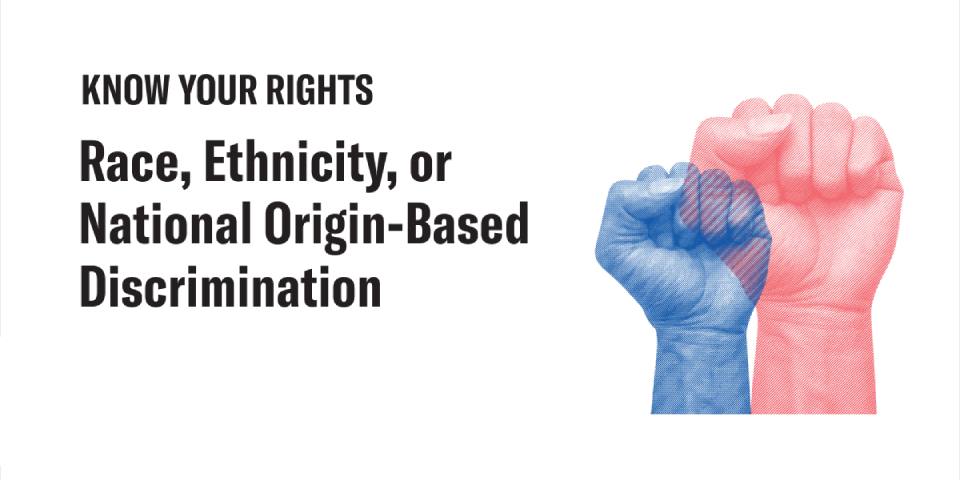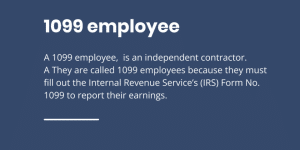Updated May 31, 2025
Workplace Harassment Based on National Origin – A Guide to California Law
Understanding workplace harassment, particularly when it pertains to national origin, is crucial for both employees and employers. In California, laws are in place to protect individuals from harassment based on their nationality, ancestry, or perceived association with a specific country. This guide aims to clarify the legal framework surrounding national origin harassment, the responsibilities of employers, and the rights of employees.
What Constitutes National Origin Harassment?
National origin harassment occurs when an individual faces unwelcome conduct or comments in the workplace that are based on their nationality, accent, ethnicity, or perceived association with a particular country. This type of harassment can manifest in various forms, including derogatory remarks, offensive jokes, or even physical intimidation.
Key Characteristics of National Origin Harassment
- Unwelcome Conduct: The behavior must be unsolicited and unwanted by the victim.
- Basis of Harassment: The harassment must be linked to the individual’s national origin or ancestry.
- Severity or Pervasiveness: The conduct must be severe or pervasive enough to create a hostile work environment.
For instance, if an employee is repeatedly subjected to slurs or derogatory comments about their ethnic background, this could qualify as national origin harassment.
Legal Framework in California
California’s Fair Employment and Housing Act (FEHA) provides robust protections against workplace harassment based on national origin. Under this law, both employees and employers have specific rights and responsibilities.
Employee Rights
Employees have the right to work in an environment free from harassment. If they experience harassment based on their national origin, they can take several actions:
- File a Complaint: Employees can file a complaint with the California Civil Rights Department (CRD) or the Equal Employment Opportunity Commission (EEOC).
- Seek Legal Recourse: Victims of harassment may pursue legal action against their employer if the harassment is not addressed adequately.
Employer Responsibilities
Employers are legally obligated to prevent and address harassment in the workplace. This includes:
- Implementing Anti-Harassment Policies: Employers must create clear policies that prohibit harassment based on national origin.
- Training Employees: Regular training sessions should be conducted to educate employees about acceptable behavior and the consequences of harassment.
- Taking Prompt Action: Employers must investigate complaints of harassment and take appropriate action to resolve the issue.
Distinguishing Harassment from Discrimination
While harassment and discrimination are often discussed together, they are distinct concepts. Discrimination involves adverse employment actions, such as termination or demotion, based on an individual’s national origin. In contrast, harassment may not directly affect job status but can create a toxic work environment that impacts an employee’s performance and well-being.
Examples of Discrimination vs. Harassment
- Discrimination: An employee is fired because their employer believes they are not a good fit due to their national origin.
- Harassment: An employee is subjected to constant ridicule and offensive jokes about their accent, which does not directly affect their job status but creates a hostile work environment.
The Role of Non-Supervisors in Harassment Cases
Harassment can occur between employees of the same level, not just from supervisors. California law recognizes that harassment by non-supervisors is equally unacceptable. However, the liability of the employer may differ based on the circumstances.
Employer Liability
- Supervisor Harassment: If a supervisor harasses an employee, the employer is typically held liable.
- Non-Supervisor Harassment: If the harassment is by a non-supervisor, the employer may only be liable if they were aware of the harassment and failed to take appropriate action.
Preventing National Origin Harassment in the Workplace
To foster a respectful and inclusive workplace, employers should take proactive measures to prevent national origin harassment. Here are some effective strategies:
- Develop Comprehensive Policies: Create and enforce a clear anti-harassment policy that addresses national origin harassment specifically.
- Conduct Regular Training: Provide training for all employees, especially supervisors, on recognizing and preventing harassment.
- Encourage Reporting: Establish a confidential reporting mechanism for employees to report harassment without fear of retaliation.
- Promote Cultural Awareness: Encourage understanding and appreciation of diverse backgrounds through workshops and team-building activities.
The Impact of Anti-Immigrant Rhetoric
In recent years, anti-immigrant rhetoric has become more prevalent, contributing to an increase in national origin harassment in workplaces. This environment can lead to heightened discrimination and bias, negatively affecting employee morale and productivity.
Addressing the Impact
Employers should be vigilant in recognizing the potential impact of societal attitudes on their workplace. Implementing strategies that promote inclusivity and respect can help mitigate the effects of external rhetoric.
Legal Assistance for Victims of Harassment
If you believe you have been a victim of national origin harassment, seeking legal assistance is a crucial step. Experienced attorneys can guide you through the complexities of California law, helping you understand your rights and options.
Steps to Take
- Document Incidents: Keep a detailed record of any harassment incidents, including dates, times, and witnesses.
- Consult an Attorney: Reach out to a legal professional who specializes in employment law to discuss your situation.
- File a Complaint: If necessary, file a complaint with the appropriate agency to initiate an investigation.
Conclusion
Understanding workplace harassment based on national origin is essential for creating a respectful and inclusive work environment. Both employees and employers have roles to play in preventing harassment and addressing it when it occurs. By fostering a culture of respect and understanding, organizations can enhance employee morale and productivity while ensuring compliance with California law.
If you or someone you know is facing national origin harassment, do not hesitate to seek legal assistance. You have the right to a safe and respectful workplace, and there are resources available to help you assert those rights.
If you need workplace harassment litigation, please call Setyan Law at (213)-618-3655. Free consultation.






